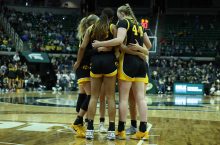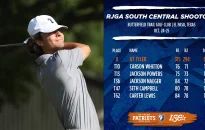At the DealBook Summit, seven sports stars and experts discussed how building a brand as an athlete has changed. Once upon a time, athletes hoping to become superstars had to worry about doing one thing: dominate their sport, and it would attract brands bearing hugely lucrative sponsorship deals. That may have worked for Michael Jordan, […]


At the DealBook Summit, seven sports stars and experts discussed how building a brand as an athlete has changed.
Once upon a time, athletes hoping to become superstars had to worry about doing one thing: dominate their sport, and it would attract brands bearing hugely lucrative sponsorship deals. That may have worked for Michael Jordan, but things have changed significantly since he retired in 2003.
TikTok and Instagram have become primary routes to fame, making social media much more important, and college athletes can now make endorsement deals, putting pressure on some to start thinking earlier about branding. Those changes are cascading through other aspects of the sports complex, including pro team ownership and college leagues.
In a discussion at the DealBook summit moderated by Jess Sims, a host for The Athletic, seven experts, most of them current or former star athletes, weighed in on the challenge.
Money in college athletics
Perhaps the most transformative development in the business of athlete branding in decades has been the rise of name, image and likeness deals — or N.I.L., in industry parlance — in college sports. When the rules changed to permit such deals in 2021, college athletes who for decades hadn’t been able to personally profit from their on-field exploits suddenly could. Top deal-getters, such as the college gymnast and influencer Olivia Dunne, have made millions.
N.I.L. deals were meant to redress what critics said was a longtime shortchanging of student-athletes. “I love that players can get paid,” said Jesse Palmer, the former N.F.L. quarterback turned TV host. That sentiment was quickly endorsed by Sims; Renee Montgomery, the former W.N.B.A. player turned Atlanta Dream co-owner; and Napheesa Collier, the Minnesota Lynx forward.
It has led to an important economic advancement for female athletes, many of whom lack the kind of post-collegiate pro-athlete options that male football or basketball players have. “There’s the idea that you can get some real bread in this moment,” said Bomani Jones, the sports journalist and podcaster. “For so many women, they are most marketable as college players.”


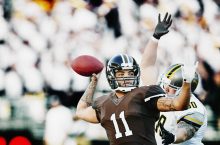
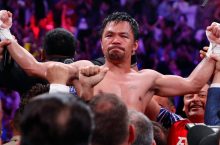
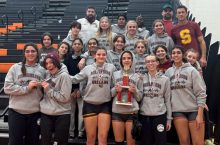
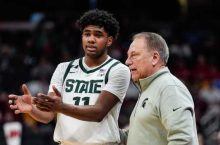










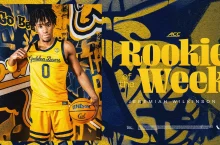


 @Boston Celtics #NBA #Basketball #Celtics #JaysonTatu…
@Boston Celtics #NBA #Basketball #Celtics #JaysonTatu…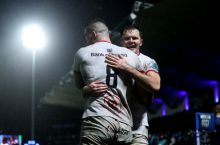
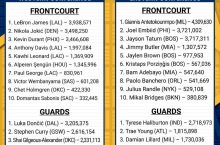
 #NBA #basketball #NBAXmas #Jalen…
#NBA #basketball #NBAXmas #Jalen…
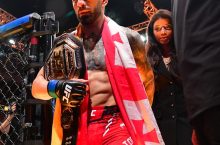



 #McLaren #F1 #Gingerbread #CapCu…
#McLaren #F1 #Gingerbread #CapCu…
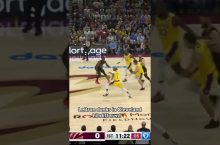
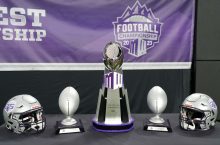

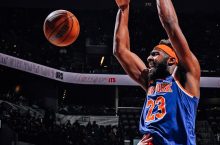


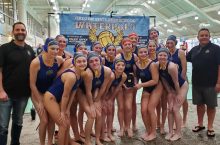
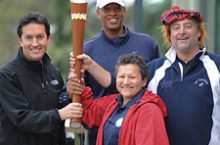


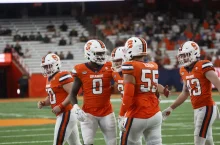

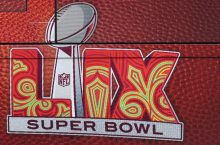
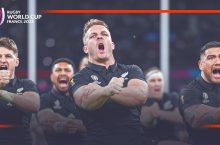
 #rugby #haka
#rugby #haka
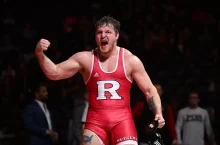
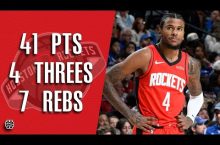

 CMA Members get access to my “AXEL TECHNIQ…
CMA Members get access to my “AXEL TECHNIQ…